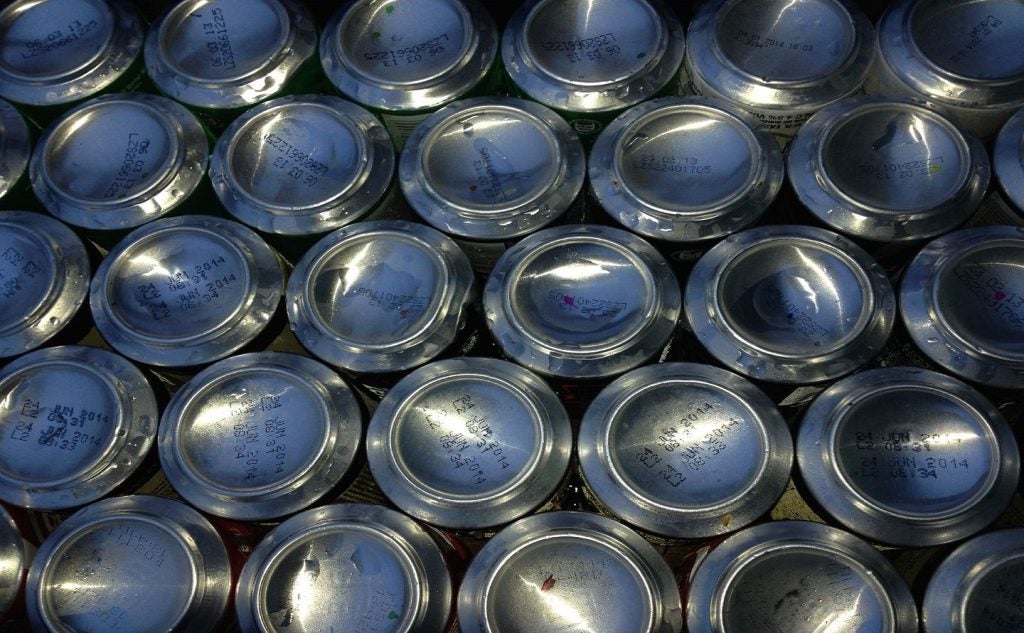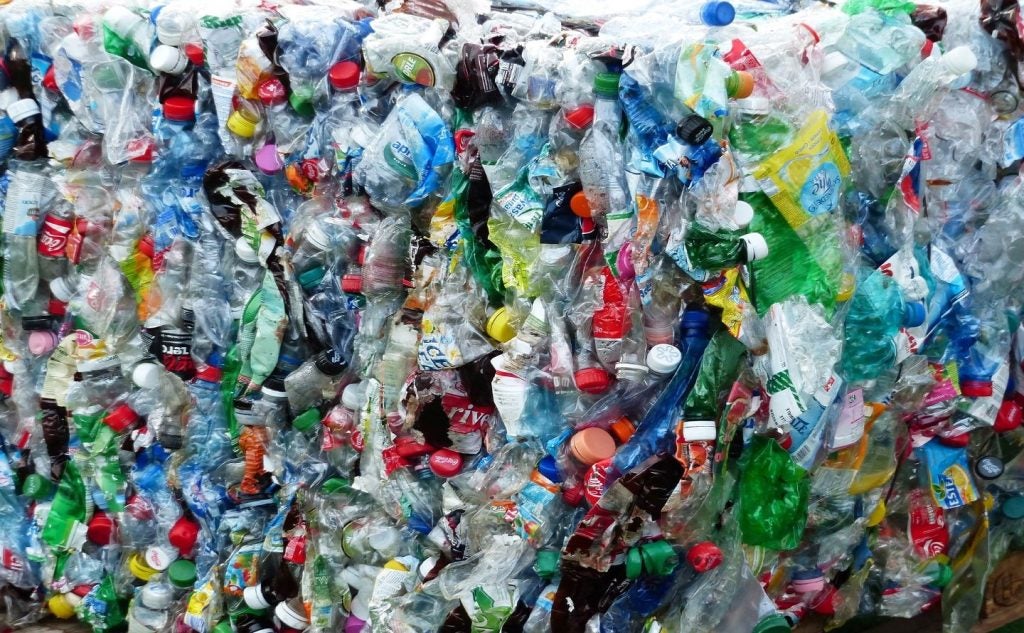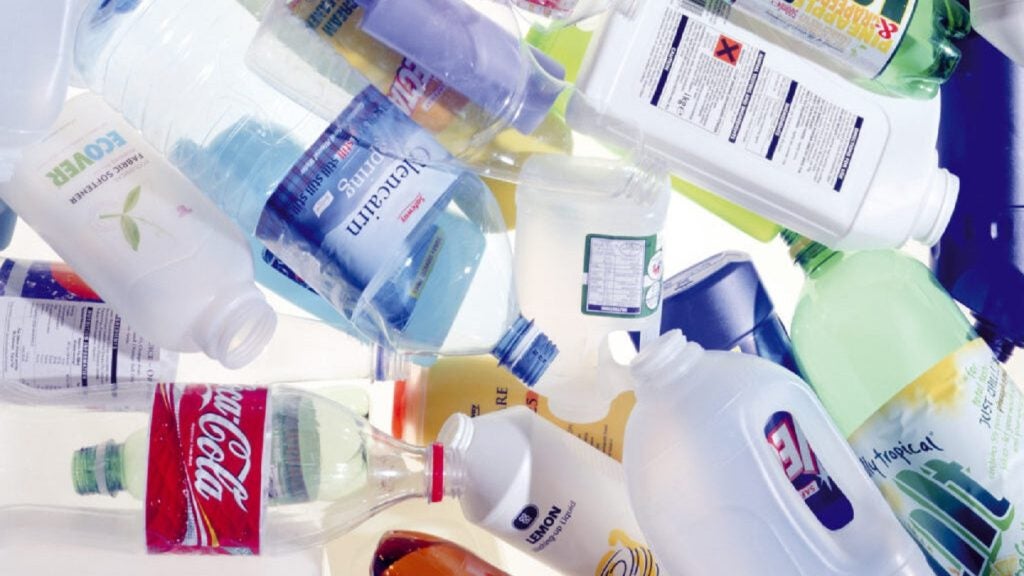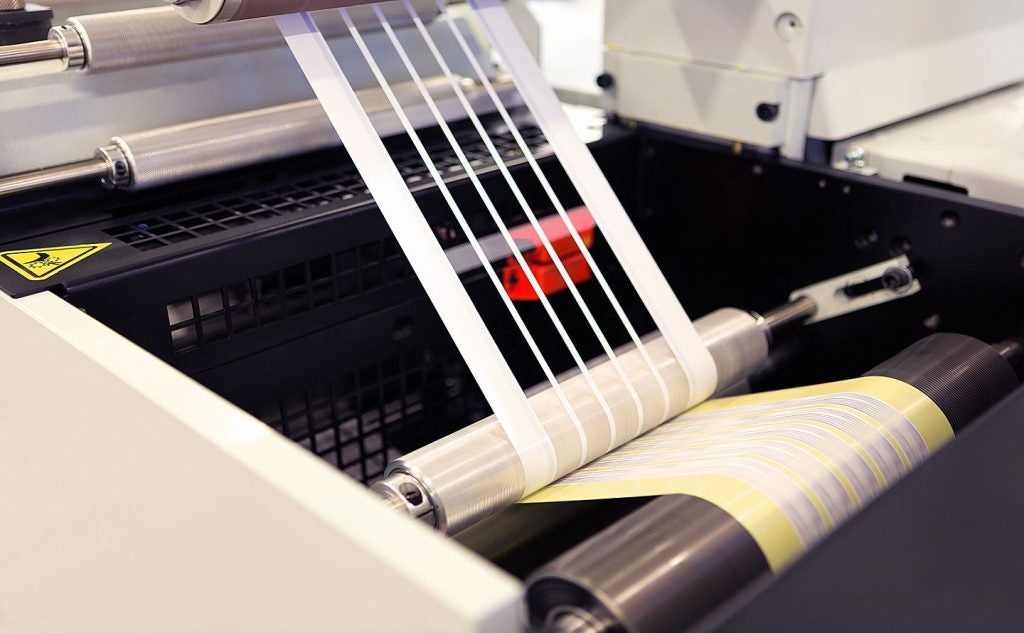A recent report by Reloop and Zero Waste Europe has shed light on the questionable practices surrounding studies favouring single-use packaging over reuse options.
The study finds that these research efforts often lack transparency and contain implicit biases influenced by funding sources, cherry-picked scenarios, and unfounded assumptions.
Understanding the economic and environmental viability of reusable take-away packaging versus single-use alternatives is crucial.
To make informed decisions, greater transparency in published studies is essential, especially in the context of ongoing EU negotiations concerning reuse targets in the Packaging and Packaging Waste Regulations (PPWR).
Policymakers must rely on the best available evidence rather than industry lobbying to ensure responsible environmental policies.
Call for critical review and improved reuse systems
With the potential risk of reuse targets being discarded, there is a pressing need to critically evaluate the arguments against reuse and ensure that the right conclusions are drawn for the environment's benefit.
The report, titled 'Unveiling the Complexities: Exploring LCAs of Reusable Packaging in the Takeaway Sector,' was conducted by circular economy specialists at Eunomia Research & Consulting.
It focuses on three Life Cycle Assessments (LCAs) conducted by the European Paper Packaging Alliance (EPPA), McDonald's and the University of Michigan.
Examining the three key studies
The EPPA study came under scrutiny for relying heavily on assumptions with weak evidence bases. Its conclusions appeared biased in favour of single-use packaging by considering only current conditions tied to the linear economic structure.
The report argues that focusing on potential improvements in reuse systems is crucial rather than assessing them under suboptimal conditions.
In contrast, the McDonald's study lacks transparency, offering insufficient information about its methodology, data and assumptions. This limitation hinders any meaningful analysis or review of its findings.
The study from the University of Michigan by Hitt et al stands out as the most robust, providing a framework for constructive discussions on reusable takeaway packaging.
Notably, it is the only study that was not industry-funded and met transparency and assumption criteria.
The importance of questioning information
The report highlights the significance of questioning the information presented, especially regarding funding sources and data transparency.
By scrutinising these aspects, we can better discern which studies are academically credible and suitable for informing policymaking.
Clarissa Morawski of Reloop emphasised the role of reuse in a circular economy and the potential of the Packaging and Packaging Waste Regulation to promote reuse thinking and design.
She added: “This report clearly shows that the published studies we examined which favour single-use takeaway packaging over reuse are inherently flawed, biased and nowhere near transparent enough to be taken seriously academically or for policymaking.”
Zero Waste Europe packaging and reuse policy officer Larissa Copello noted: “Some of the industry-funded studies on reusable takeaway packaging are flawed and did not explore the full potential of reuse systems for packaging.”
Managing consultant at Eunomia Research & Consulting Daniel Stunell stressed the importance of transparency in maintaining credibility and understanding the environmental potential of reuse.
Stunell concluded that the small shifts in assumptions can significantly impact the environmental assessment, emphasising the need for open exploration of these assumptions.















